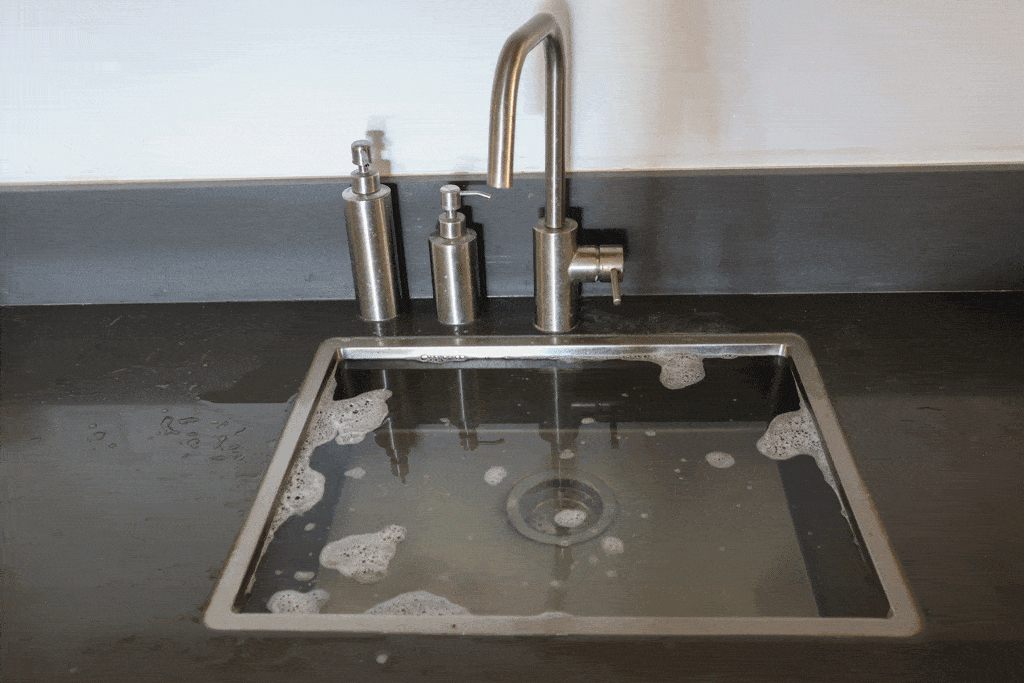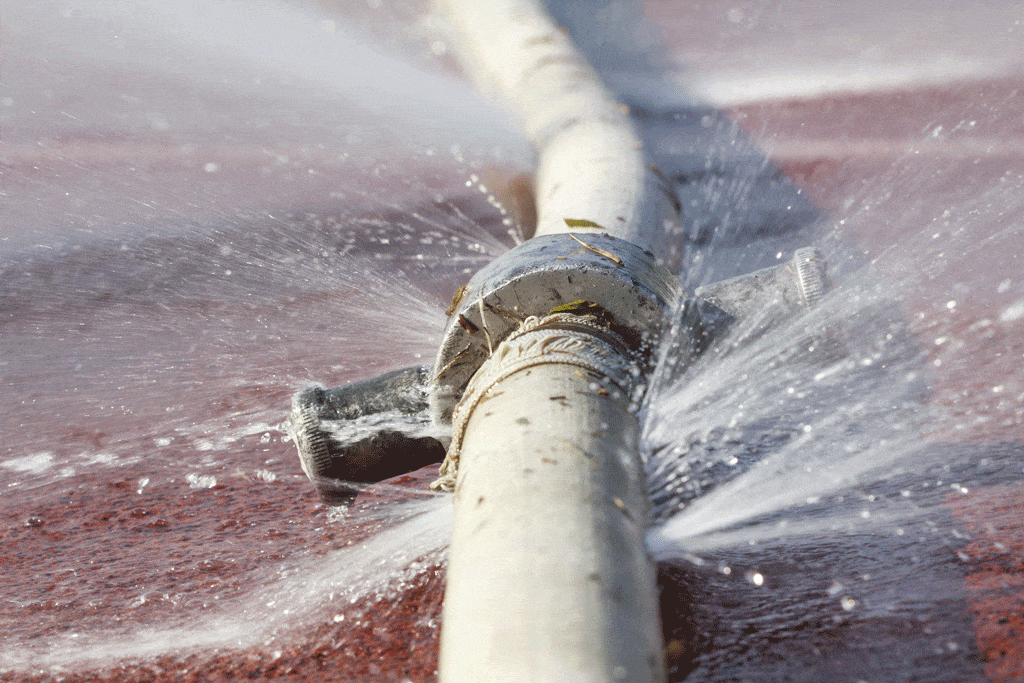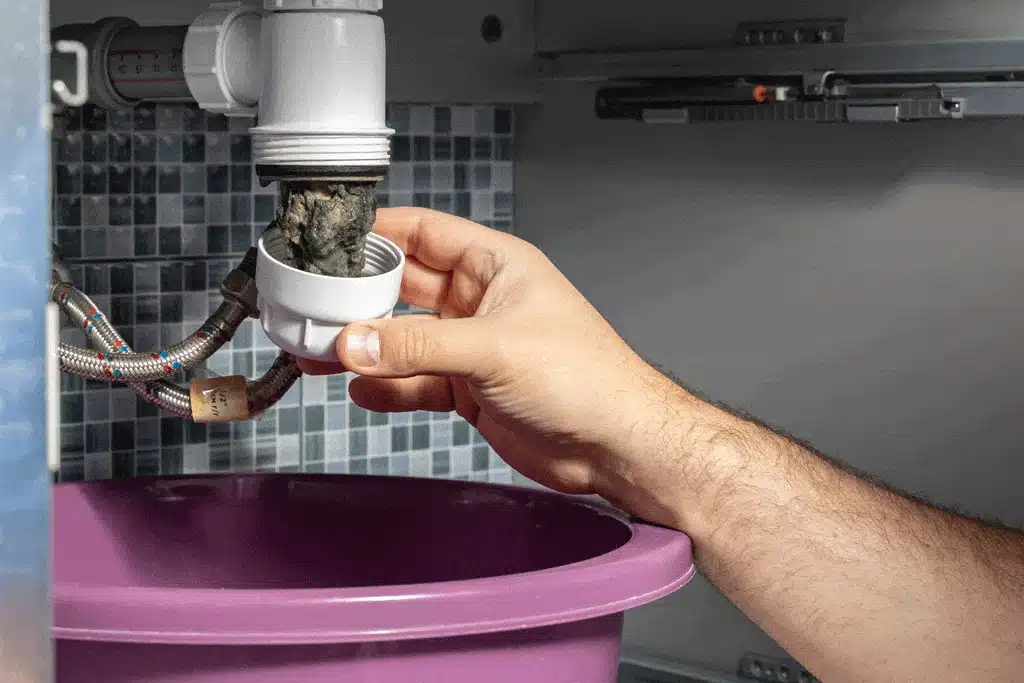It’s nearly impossible to avoid hearing about extreme weather events. Widespread flooding, powerful storms, and extended droughts, and dry conditions appear in the headlines on a regular basis. As anyone with experience living in an arid climate knows, droughts can be just as destructive as any other weather event. The effects of a drought, especially a long-lasting or widespread drought, may not be immediately obvious, but people living under those conditions have to adjust their daily routines and adapt to potential water shortages.
Water Management and Energy Use
EPA estimates state that 2% of annual national energy usage goes towards drinking water and sanitation services every. Although this may sound negligible, it actually involves nearly 56 billion kilowatt-hours per year and produces approximately 45 million tons of greenhouse gases. Some municipal governments may use up to 40% of annual energy consumption for safe drinking water and wastewater sanitation systems. Plumbers have a very important role in improving water and sanitation infrastructure. Reducing the amount of water processed through sanitation and water treatment facilities can have a significant impact on energy efficiency.
Water Audits
Plumbers can do a lot to help manage freshwater resources, reduce waste and combat carbon emissions. Your local Hurst, TX plumber can conduct a water audit of your home. An audit determines how much water a household uses and identifies opportunities to conserve water. A comprehensive understanding of your household water usage is essential for detecting leaks and warning signs of potential problems in their early stages.
Most homes and buildings split into several residences, have water meters. Meters are often mounted on exterior walls or placed in low-traffic areas such as basements or garages. Tracking meter readings, which may be recorded in gallons or cubic feet, is one of the easiest ways to evaluate overall water consumption. Convert cubic feet to gallons with a conversion formula or a free online conversion tool. Check the meter at the same time of day for 2 or 3 days in a row to get an estimate of your home’s average daily water usage. You can track measurements for longer periods of time to get a more accurate representation of fluctuations in daily water use.
If your home doesn’t have a water meter, you can audit use by tracking consumption directly. Your plumber can help you monitor fixtures and water use for various appliances, such as washing machines, dishwashers or garbage disposals. Some manufacturers provide flow rates and other specifications for appliances. Run faucets, indoor and outdoor spigots, and showerheads at their normal flow rate and use a container to catch the water. Measure the quantity of water and multiply it by 6 to estimate gallons per minute for each individual fixture. After determining the baseline numbers, track how often each appliance or fixture is used. Your plumber can help you use these numbers to estimate overall household water use.
Shut off the water supply to your toilet before measuring its water consumption. You can do this yourself or ask your plumber to do it for you. Clearly mark the water line in the tank, then flush the toilet. Refill the tank with tap water. Measure the amount of water as you go so you can figure out how much water is necessary to reach the marked fill line.
Geothermal Systems
Geothermal systems aren’t as well known as other home heating systems in Hurst, TX, but geothermal energy is a great way to warm and cool a home. It can also be used to provide hot water in kitchens and bathrooms. A geothermal system uses the consistent underground temperature of the earth, which is approximately 55 degrees F. This temperature is found around 70 feet below ground. Geothermal pumps use underground heat in winter and displace heat during hot summer months. They may use 40 to 70% less energy than traditional heating systems in winter and 30 to 50% less energy for cooling purposes.
Ask your local plumber if a geothermal system could be appropriate for your home. Grants and tax credits from the federal government may be available in certain circumstances to mitigate some installation costs, but the availability of these programs changes frequently. Local utilities may have programs or rules about the integration of geothermal energy as well, so you should seek advice and help from professional plumbers if you’re interested in a geothermal system.
Daily Habits
Many older hot water heater models have an average lifetime of 8 to 12 years. Condenser boilers have large heating exchangers that recycle lost heat. They’re designed to produce fewer carbon emissions and reduce energy use. Replacing your old water heater with an energy-efficient condenser boiler may reduce monthly energy use and last longer than older models.
Try to take showers instead of baths as often as possible. Baths use much more water than showers in most cases. However, taking long showers or using shower heads with a high-pressure flow can actually use more water than a bath. Make sure your bathroom is equipped with a water-efficient showerhead and encourage members of your household to keep showers within a reasonable time limit. Some small changes can save a lot of water, such as cutting down on unnecessary running water. Turn the faucet off while brushing your teeth. This principle applies in the kitchen too. Don’t leave faucets running while washing dishes or rinsing off vegetables. Fill a bowl with clean water instead. Try to save water that would normally go down the drain while waiting for hot or cold water from the faucet. This water can be used for watering a lawn or garden or washing a car.
Contact Tioga Plumbing & Electric in Hurst, TX, if you’re interested in optimizing your household water use. The professional plumbers at Tioga can help you find solutions to potential plumbing problems and help you keep appliances and plumbing infrastructure running at peak efficiency. Consulting professionals help you maintain a comfortable home and manage energy use.
Photo By DGLimages at istock
Taking a bite out of Your Plumbing & Electrical needs
Other Electrical & Plumbing Services

Taking a bite out ofYour Plumbing & Electrical needs
We make fixing your home easier than ever. Whether it’s a leaky pipe, faulty wiring, or an urgent repair, our experts deliver fast, reliable solutions you can count on.
















